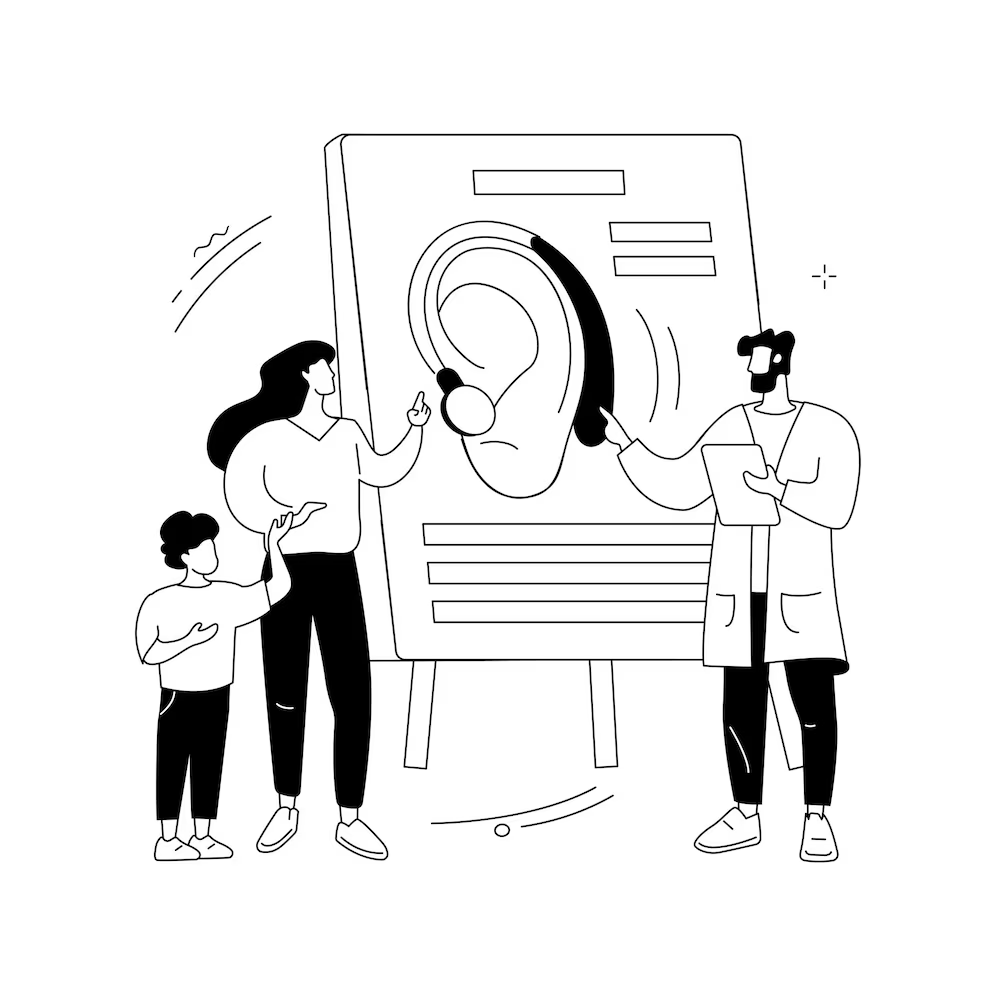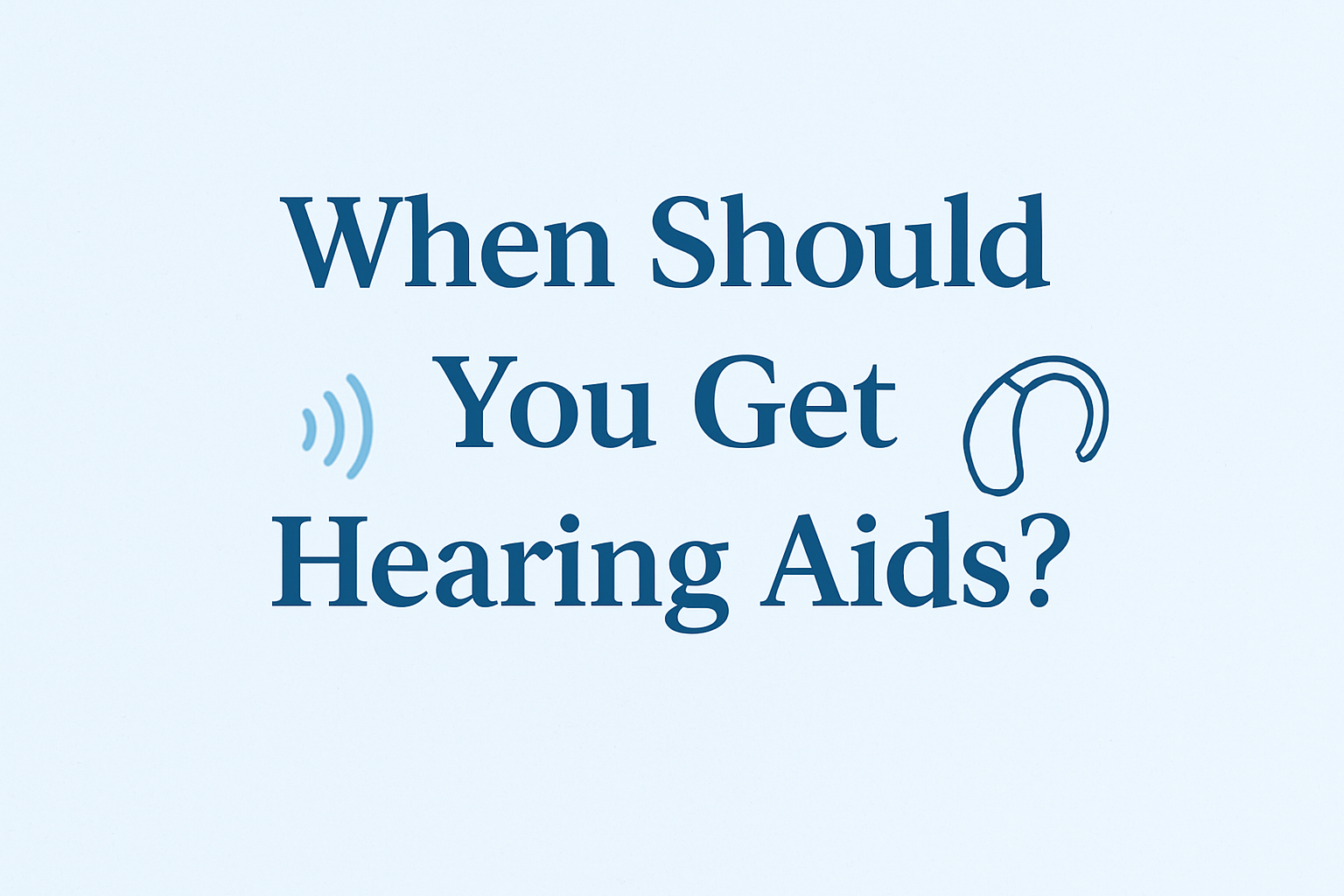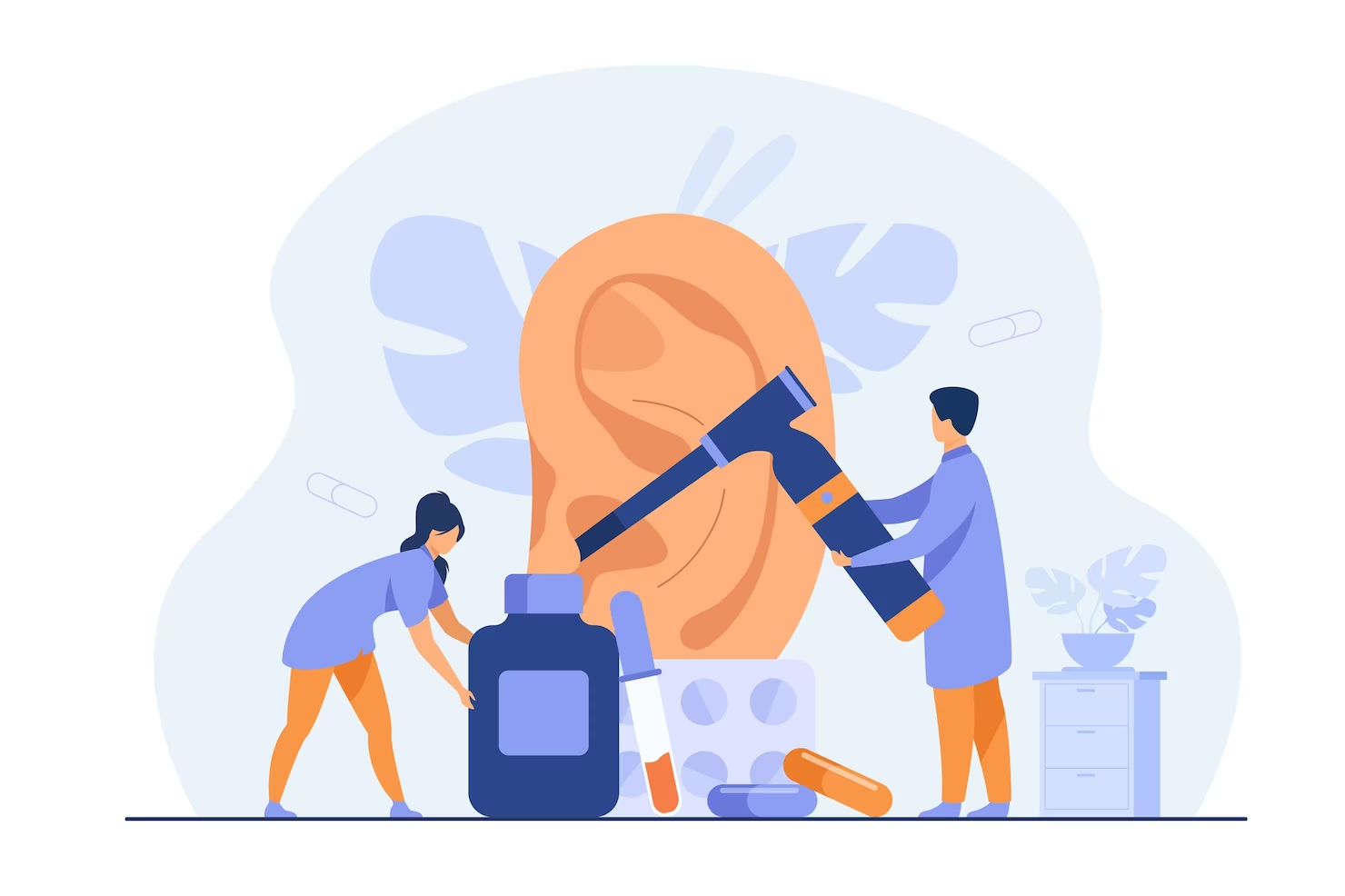Find out when free hearing aids are available by looking into eligibility and help programs.
Hearing aids can change the lives of people who have trouble hearing by giving them back the ability to talk, interact with others, and enjoy the world around them. But the cost of hearing aids can be a big problem for many people, making it hard for them to get these important devices. In this piece, we'll talk about when hearing aids may be free and about different programs that try to make hearing aids easier to get for people who need them.
When can they be given away for free?
Children and Child Health: There are programs in many countries, like the United States, that give children hearing aids for free or at a low cost. These programs understand how important early help is and how hearing loss can affect a child's growth and success in school. Pediatricians, schools, and local health departments can tell you about the programs that are offered and who is eligible for them.
Government Assistance Programs: Some government aid programs may cover hearing aids or help pay for them. In the United States, for example, Medicaid covers people who qualify but don't have a lot of money or resources. People who can't afford hearing aids may have help in other countries through programs like this one. It's important to do study and contact local government offices or health departments to find out what kinds of help are available.
Veterans Benefits: Veterans who have served in the military may be able to get hearing aids for free or at a low cost through healthcare programs for veterans in several countries, including the United States. The U.S. Department of soldiers Affairs (VA) helps soldiers with their hearing health in many ways, including giving them free hearing aids. Veterans can find out what perks and services are available to them by calling their local VA health care center.
Nonprofit Organizations: Some organizations and foundations that aren't for business try to make hearing aids easier to get by giving them away for free or at a very low cost. These groups often have rules about who can join based on things like income, age, and how bad the hearing loss is. The Starkey Hearing Foundation, the Lions Clubs International Hearing Aid Recycling Program, and the Sertoma Hearing Aid Recycling Program are all examples of this kind of group. Doing research and getting in touch with local and national nonprofits that work on hearing health can give you useful information about available help programs.
Research Studies and Clinical Trials: By taking part in research studies or clinical trials, people may be able to get free hearing aids. Most of the time, academic schools, research groups, or hearing aid companies do these studies to find out how well new devices or technologies work. By taking part in these studies, you can get cutting-edge hearing aids for free while also helping to make hearing treatment better.
Programs to help make hearing aids more affordable
In addition to the above ways to get hearing aids for free, there are a number of programs and efforts that try to make hearing aids more affordable for people who can't pay the full price. These programs may offer hearing aids at a discount, payment plans, or cash help. Some examples include:
Low-Income Assistance Programs: Many countries have programs to help people and families with low incomes get cheap hearing aids. These programs may need to check your income and have certain income limits to see if you are eligible. Find out more about these programs by contacting local government offices, health departments, or social service groups.
Coverage by health insurance: Some health insurance plans pay hearing aids in full or in part. Even though insurance isn't free, it can cut the amount you have to pay out of your own pocket by a lot. Look at the terms of your health insurance policy or call your insurance company to find out how much hearing aids are covered.
Flexible Spending Accounts (FSAs) and Health Savings Accounts (HSAs): FSAs and HSAs let people save money before taxes for eligible medical costs, like hearing aids. These accounts give people a way to save and set aside money for buying hearing aids, which could help them out financially.
Options for credit: Providers of hearing care may offer credit options or payment plans to help people pay for hearing aids over time. This can help make hearing aids more cheap by letting you pay for them in smaller amounts over time.
Conclusion
Hearing aids can be very expensive, but there are some scenarios and programs where you may be able to get them for free or for a very low price. Hearing aids may be available for free or at a low cost through programs for children, government assistance programs, veterans' benefits, non-profit groups, research studies, and clinical trials. Also, help programs and efforts can make hearing aids easier to get by offering discounts, payment plans, or ways to get money to pay for them.
It's important to learn about and look into the options that are offered in your country or region. Local health departments, government offices, non-profits, and hearing healthcare providers can help people get hearing aids, no matter how much money they have. They can do this by telling them about the programs and initiatives that are available. By using these tools, people who have trouble hearing can improve their quality of life and get back in touch with the world around them.
Hearing aids can change the lives of people who have trouble hearing by giving them back the ability to talk, interact with others, and enjoy the world around them. But the cost of hearing aids can be a big problem for many people, making it hard for them to get these important devices. In this piece, we'll talk about when hearing aids may be free and about different programs that try to make hearing aids easier to get for people who need them.
When can they be given away for free?
Children and Child Health: There are programs in many countries, like the United States, that give children hearing aids for free or at a low cost. These programs understand how important early help is and how hearing loss can affect a child's growth and success in school. Pediatricians, schools, and local health departments can tell you about the programs that are offered and who is eligible for them.
Government Assistance Programs: Some government aid programs may cover hearing aids or help pay for them. In the United States, for example, Medicaid covers people who qualify but don't have a lot of money or resources. People who can't afford hearing aids may have help in other countries through programs like this one. It's important to do study and contact local government offices or health departments to find out what kinds of help are available.
Veterans Benefits: Veterans who have served in the military may be able to get hearing aids for free or at a low cost through healthcare programs for veterans in several countries, including the United States. The U.S. Department of soldiers Affairs (VA) helps soldiers with their hearing health in many ways, including giving them free hearing aids. Veterans can find out what perks and services are available to them by calling their local VA health care center.
Nonprofit Organizations: Some organizations and foundations that aren't for business try to make hearing aids easier to get by giving them away for free or at a very low cost. These groups often have rules about who can join based on things like income, age, and how bad the hearing loss is. The Starkey Hearing Foundation, the Lions Clubs International Hearing Aid Recycling Program, and the Sertoma Hearing Aid Recycling Program are all examples of this kind of group. Doing research and getting in touch with local and national nonprofits that work on hearing health can give you useful information about available help programs.
Research Studies and Clinical Trials: By taking part in research studies or clinical trials, people may be able to get free hearing aids. Most of the time, academic schools, research groups, or hearing aid companies do these studies to find out how well new devices or technologies work. By taking part in these studies, you can get cutting-edge hearing aids for free while also helping to make hearing treatment better.
Programs to help make hearing aids more affordable
In addition to the above ways to get hearing aids for free, there are a number of programs and efforts that try to make hearing aids more affordable for people who can't pay the full price. These programs may offer hearing aids at a discount, payment plans, or cash help. Some examples include:
Low-Income Assistance Programs: Many countries have programs to help people and families with low incomes get cheap hearing aids. These programs may need to check your income and have certain income limits to see if you are eligible. Find out more about these programs by contacting local government offices, health departments, or social service groups.
Coverage by health insurance: Some health insurance plans pay hearing aids in full or in part. Even though insurance isn't free, it can cut the amount you have to pay out of your own pocket by a lot. Look at the terms of your health insurance policy or call your insurance company to find out how much hearing aids are covered.
Flexible Spending Accounts (FSAs) and Health Savings Accounts (HSAs): FSAs and HSAs let people save money before taxes for eligible medical costs, like hearing aids. These accounts give people a way to save and set aside money for buying hearing aids, which could help them out financially.
Options for credit: Providers of hearing care may offer credit options or payment plans to help people pay for hearing aids over time. This can help make hearing aids more cheap by letting you pay for them in smaller amounts over time.
Conclusion
Hearing aids can be very expensive, but there are some scenarios and programs where you may be able to get them for free or for a very low price. Hearing aids may be available for free or at a low cost through programs for children, government assistance programs, veterans' benefits, non-profit groups, research studies, and clinical trials. Also, help programs and efforts can make hearing aids easier to get by offering discounts, payment plans, or ways to get money to pay for them.
It's important to learn about and look into the options that are offered in your country or region. Local health departments, government offices, non-profits, and hearing healthcare providers can help people get hearing aids, no matter how much money they have. They can do this by telling them about the programs and initiatives that are available. By using these tools, people who have trouble hearing can improve their quality of life and get back in touch with the world around them.


